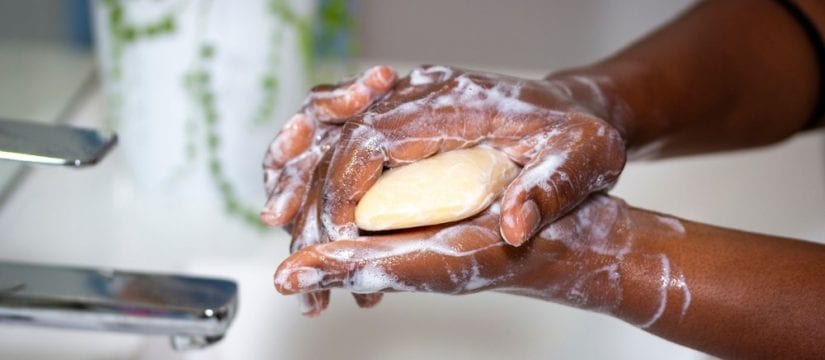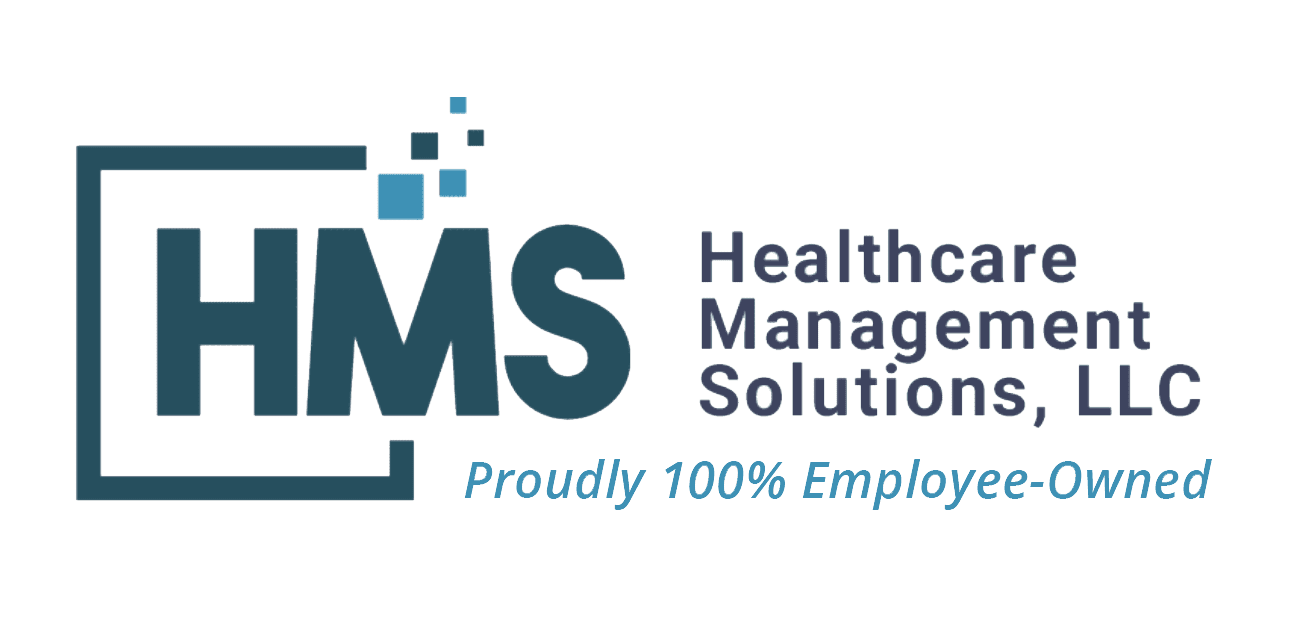
The Importance of Washing Your Hands During COVID-19
- December 1, 2020
- 0 Likes
- 1731 Views
- 0 Comments
Handwashing is one of the best safety measures you can take to prevent the spread of COVID-19. In light of Handwashing Awareness Week, we want to share the incredible impact that simply washing your hands can have on your loved ones and community.
Why Is It So Critical to Educate Our Communities About the Importance of Handwashing?
At HMS, we acknowledge our role in facilitating education around safety as we perform our work. Our team of expert surveyors support federal and state agencies to protect vulnerable populations in healthcare facilities across the country. Currently, we are assisting agencies with infection control and prevention surveys to evaluate how COVID-19 is being managed within those facilities. As professionals working on the frontline of COVID-19, we believe it is our duty to not only adhere to medical recommendations, but also educate our community about how to keep one another safe.
As we’ve seen firsthand, washing your hands is one of the most important actions you can take to prevent transmission of COVID-19, in addition to wearing masks and social distancing. Germs from unwashed hands can be transferred through anything we touch. COVID-19 may remain viable on surfaces for anywhere from two hours to several days. The exact timeline is unclear, making frequent hand sanitization all the more important. Because the virus enters the body through the eyes, nose, and mouth, risk of contracting COVID-19 increases each time you touch your face. According to the CDC, properly washing your hands with soap and water for at least 20 seconds is critical to limit the spread of the virus.
Five Simple Steps to Properly Wash Your Hands
- Wet your hands with clean, running water (warm or cold).
- Lather your hands by rubbing them together with soap.
- Scrub your hands for at least 20 seconds, including the backs of your hands, between your fingers, and under your fingernails.
- Rinse your hands thoroughly under clean, running water.
- Dry your hands using a clean towel or let them air dry.
If soap and water are not easily available, use a hand sanitizer that contains at least 60% alcohol. Cover both hands with the hand sanitizer and rub them together until they feel dry.
The CDC also states that it is especially important to wash your hands in the following instances:
- Before eating or preparing food
- Before touching your face
- After using the restroom
- After leaving a public place
- After blowing your nose, coughing, or sneezing
- After handling your mask
- After changing a diaper
- After caring for someone sick
- After touching animals or pets
Bottom line: Handwashing is just as important in your day to day activities as it is in healthcare facilities. By washing your hands, you are not only protecting your health, but also your loved ones and the most vulnerable populations in your community.

